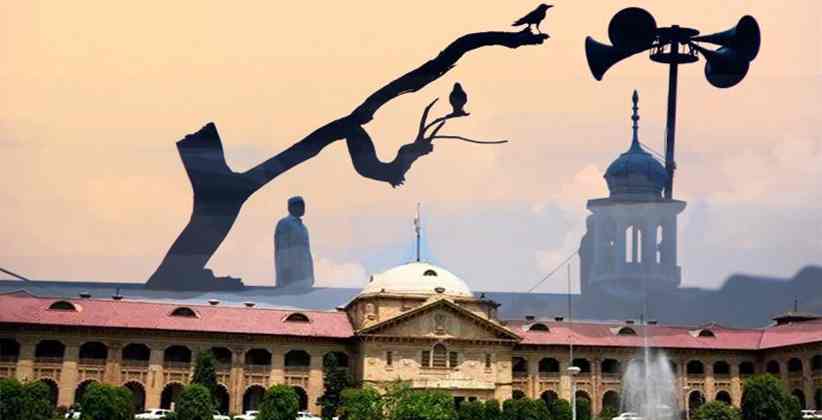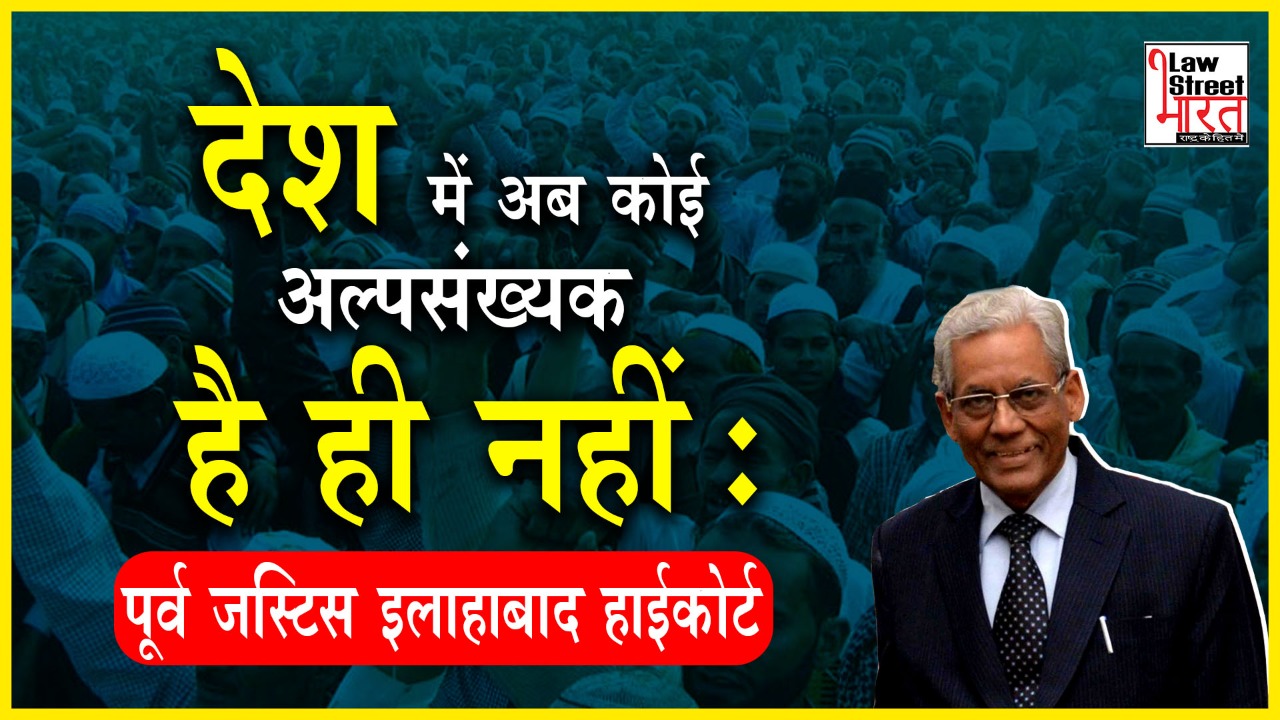Prayagraj: The Allahabad High Court has dismissed a writ petition seeking compassionate appointment, emphasizing that such appointments are not meant to create “windfall” benefits but are intended to address genuine financial distress following the death of a breadwinner.
Justice Ajay Bhanot delivered the judgment, addressing key constitutional principles governing compassionate appointments and their proper implementation by public sector employers.
The case involved a writ petition filed by Chanchal Sonkar against the Chairman, State Bank of India, and five others. The petitioner sought appointment on compassionate grounds following the death of her husband, a bank employee, on November 17, 2022.
The court noted that the petitioner’s application was rejected by the bank on July 24, 2023, as her family income exceeded the threshold established under the bank’s compassionate appointment scheme.
In its ruling, the court observed: “The compassionate ground appointments are not intended to create a windfall for the kin of the deceased. The employer is only required to assess the financial condition which keeps the kitchen fire burning.”
The court elaborated on the constitutional framework, stating that “appointments to public posts, government services, and to various instrumentalities of the State within the meaning of Article 12 of the Constitution of India are governed and regulated by comprehensive provisions contained in the Constitution.” It emphasized that compassionate appointments are “an exception to the aforesaid constitutionally mandated scheme” and pass “the test of constitutional validity by a slender margin.”
Justice Bhanot highlighted that “the sole justification to make compassionate ground appointments is that the dependants of the deceased employee face unforeseen financial destitution after the death of the latter and need urgent succour.”
The judgment referenced several Supreme Court and High Court precedents, including Umesh Kumar Nagpal v. State of Haryana (1994), Director of Education (Secondary) v. Pushpendra Kumar (1998), and recent Calcutta High Court decisions. These collectively establish that compassionate appointments must strictly follow applicable rules and are justified solely on humanitarian grounds.
The court examined the bank’s calculation of the petitioner’s family income, which showed that her total monthly income (₹99,555.71) exceeded 75% of her deceased husband’s last drawn gross salary (₹89,100.10). The bank had considered terminal benefits, investments, notional interest, and family pension in its assessment, as required by its 2022 Scheme for Compassionate Appointments.
Finding no infirmity in the bank’s decision, the court concluded that “the income of the family so determined establishes that the family does not face financial destitution as a result of the death of the employee” and dismissed the petition.
Mr. Ajay Kumar Singh and Mr. Ashish Kumar Singh, Advocates, appeared for the petitioner, while Mr. Satish Chaturvedi, Advocate, represented the respondent bank.
Case Title: Chanchal Sonkar vs. Chairman, State Bank of India and 5 Others
*WRIT - A No. - 1680 of 2025




!["No Loudspeakers For Azan, No Fundamental Right To Create Noise," Says Allahabad HC To Two Mosques [Read Judgment]](/secure/uploads/2020/01/lj_4995_Allahabad_HC_AZAN.jpg)






